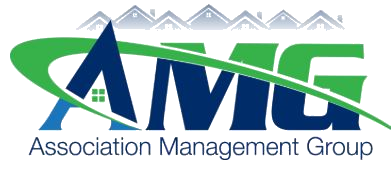Paul Mengert, CEO of Association Management Group, Inc., Regarding NC Senate Bill 312.
/We recently sought the opinion of Paul Mengert, CEO of Association Management Group, Inc., and an expert in the field of Homeowners Associations (HOAs), regarding NC Senate Bill 312.
Mr. Mengert expressed his opposition to the proposed bill, which was introduced on March 14, 2023, by Sen. Kandie Smith (D-Edgecombe, Pitt) and seeks to amend the assessment collection provisions of the NC Planned Community Act (NGSS 47F) and the NC Condominium Act (NCGS 47C). If enacted, the bill would require notice of a claim of lien to be served by certified mail, instead of first-class mail, and would eliminate associations' ability to foreclose for nonpayment of assessments. Although actual foreclosure sales are quite rare, the possibility enables associations to collect fees, similar to mortgage companies and taxing authorities, if not paid over a substantial period. When actual foreclosure sales occur in NC, the debt is typically 9 to 12 months or more old.
As an experienced HOA professional, Paul Mengert believes that these proposed changes would negatively impact associations' ability to collect delinquent assessments and maintain the financial stability of the community. He notes that the elimination of the ability to foreclose for nonpayment of assessments would make it more challenging for associations to encourage homeowners to pay assessments in a timely manner and likely make it more difficult for homeowners to obtain mortgages. Unfortunately, perhaps the most impactful aspect is that the inability to collect fees from the typically few members who do not pay as agreed would immediately increase costs for all other association members.
Mengert added, "A lien for nonpayment of assessments is similar to other real estate liens, such as material or mechanic's liens, taxes, or mortgages. Plumbers or contractors who are not paid can foreclose to collect a delinquent payment if they follow the proper procedure. Therefore, associations that are required to provide certain services should not be treated differently."
It is important to note that the proposed changes have NOT been passed and are not yet law. Changes and revisions may be made, or legislators may choose not to act on the proposal.
The bill and its status can be found at:


















